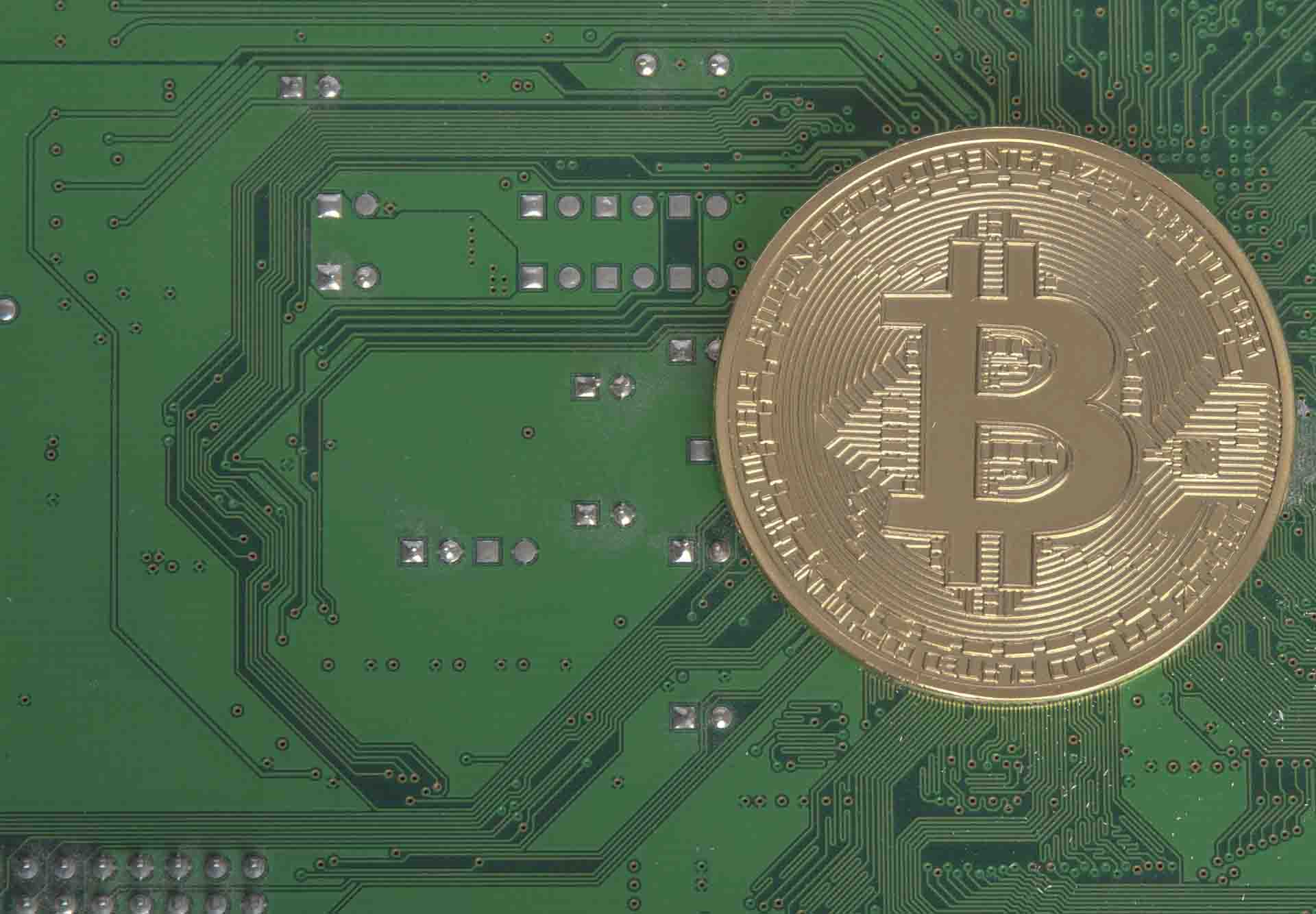For almost a decade, Bitcoin has maintained its status as the premier digital sanctuary for wealth, resistant to tampering. But, the question of Bitcoin’s potential transformation into something more continues to be a hot topic. Can this “digital gold” also become a global currency? Could Bitcoin’s blockchain serve as a registry for valuable assets? Should it?
The conversation has taken a leap with the emergence of Bitcoin Ordinals and BRC-20 tokens, drawing even more attraction to the Bitcoin blockchain. Understandably, Bitcoin’s unrivalled security and steadiness have branded it as the blockchain of value. As it now allows for an expanding range of assets, many people are eager to leverage it. For those who champion Bitcoin as a store-of-value, this increased demand should theoretically push up the price.
However, a surge in transactions also means more competition, resulting in higher fees and longer confirmation times. This situation isn’t appealing for those who see Bitcoin as a currency, and the escalating competition for block space is already hampering asset registration capabilities.
Beyond Store-of-Value: An Economic View
Bitcoin’s challenges aren’t new. Its deliberate restriction on block size and transaction capacity has fostered innovations like the Lightning Network while sparking debates about the adoption of colored coins, SegWit, and other core modifications.
And Bitcoin isn’t alone. When new blockchains entered the market, their compatibility with ERC-20 tokens, NFTs, and other operations limited their appeal. Ethereum, for instance, tackled similar constraints through technical enhancements, but this drove DApps towards alternative chains, causing significant interoperability issues. Nonetheless, the economist’s “evolutionary theory” held: The market gravitates towards the greatest opportunity.
From an economic standpoint, Bitcoin’s function as a store of value has yet to gain widespread acceptance beyond our industry. For example, during the early days of the COVID-19 pandemic, we anticipated that the crisis would stimulate demand for Bitcoin – the kind of scenario it was designed for. But it turned out that people’s preferences varied: some bought and held onto Bitcoin, while others still preferred saving in their fiat currency and welcomed fiat currency assistance payments. Even with significant inflation depreciating these fiat payments, global investment and adoption of Bitcoin remained limited.
Yet, behind the scenes, Bitcoin is quietly making its way into the treasury reserves of many institutions, banks, and nations. They’re recognizing its value and are already leveraging it as a protective measure against the next financial or global crisis.
As we ponder the future, the pandemic serves as an encouraging example of Bitcoin’s current status. It might not yet be the global reserve, but it has proven its worth. It took Google nearly 17 years from its inception, and 11 years post-IPO, to reach a $500 billion market cap. Bitcoin achieved this in less than 12 years, without compromising our data for advertising purposes. Moreover, it has made substantial strides while maintaining its proof-of-work blockchain mechanism. Other chains that have continually and costly evolved are facing diminishing returns. Not Bitcoin.
However, it’s important to understand that Bitcoin can’t morph into everything that everyone desires. As of now, there’s no feasible way to devise a blockchain that simultaneously acts as a store of value, a transaction medium, and a hub for NFTs, tokens, and other valuable assets. But if the market craves a blockchain that can do all these things, either Bitcoin will evolve to meet these needs, or another blockchain will.
The Battle Bitcoin May Concede
Naturally, this notion of a “one blockchain fits all” model has attracted many towards Ethereum, although its supremacy is yet to manifest. Bitcoin could take a leaf out of Ethereum’s book and use this opportunity to clarify its position and purpose in the market. Undoubtedly, it will remain the foremost and most successful manifestation of widespread digital currency that also addresses the trust issue. A genuinely decentralized, self-sovereign monetary system requires trust. Bitcoin delivers that trust – and does so remarkably through a trustless system. Whatever form it takes in the future, this will be central to its value.
With Bitcoin being the most liberal market ever, it will certainly keep evolving. Its autonomy fuels its adaptability to shifts in market conditions, making it the blockchain of choice for many.
However, as a free market, its evolution is guided by our daily activities. This isn’t a shortcoming of Bitcoin. Rather, it’s its most significant feature and the most reliable predictor of its continuing successful evolution.

